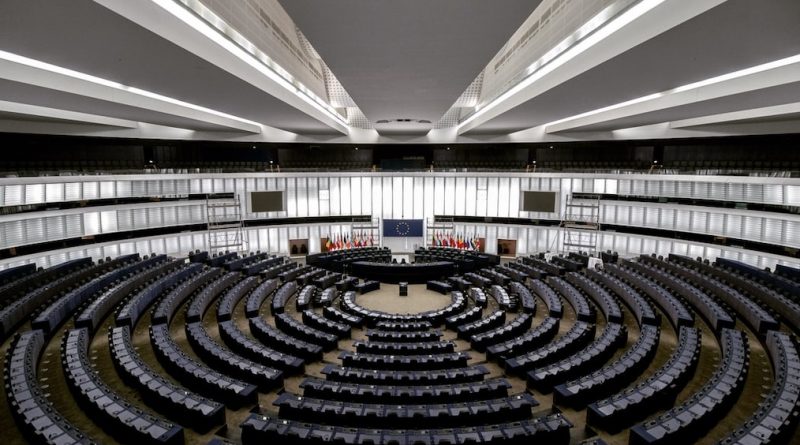Satisfaction of the Commission with the political agreement on the ESF +
The European Commission welcomed the political agreement, in the Council, between the European Parliament and the EU Member States on its proposal for a regulation on the European Social Fund Plus (ESF +). ESF + will be the main EU instrument dedicated to investing in people and building a more social and inclusive Europe.
The Fund will help Member States address the crisis caused by the coronavirus pandemic as well as achieve high levels of employment, fair social protection and a skilled and resilient workforce ready for the transition to a green and digital economy.
Executive Vice-President for An Economy Serving People, Valdis Dombrovskis, and Commissioner for Labor and Social Rights, Nicolas Schmit, highlighted how the ESF + will help create more equal opportunities by focusing on fighting poverty, minors and vulnerable communities to develop a skilled and resilient workforce.
The Fund, with a total endowment of 88 billion euros, under the political agreement:
- will invest in young people to help them obtain a qualification or find a job for which the Commission urges Member States to use this and other available funding opportunities to further increase and investment in youth employment measures
- will support the most vulnerable people affected by job losses and decreasing incomes: Member States will have to allocate at least 25% of their ESF + resources to promoting social inclusion
- will provide food and basic material assistance to people in need, integrating the Fund for European Aid to the Most Deprived (FEAD) into the ESF +. All Member States will allocate at least 3% of their ESF resources + to this objective
- will invest in children who have suffered the consequences of the crisis. Member States with child poverty above the EU average should allocate at least 5% of their ESF resources +
- will directly support social innovation through its new Employment and Social Innovation component, with a specific budget of 676 € million
The next steps, following the political agreement reached, require the European Parliament and the Council to formally approve the ESF + regulation to allow its entry into force.
For the Commission to start borrowing under NextGenerationEU, thus making the instrument operational, it is however necessary that the new own resources decision be ratified by all Member States in line with their respective constitutional requirements.

